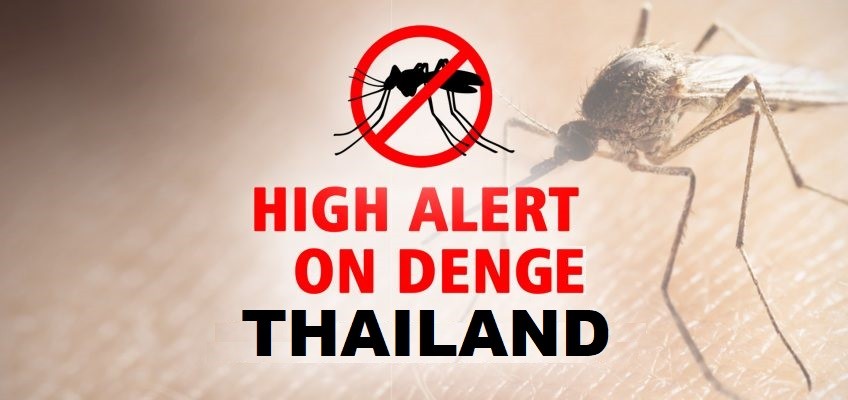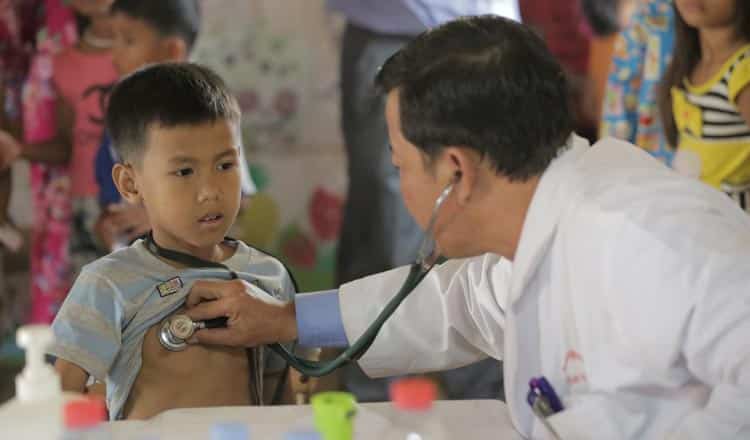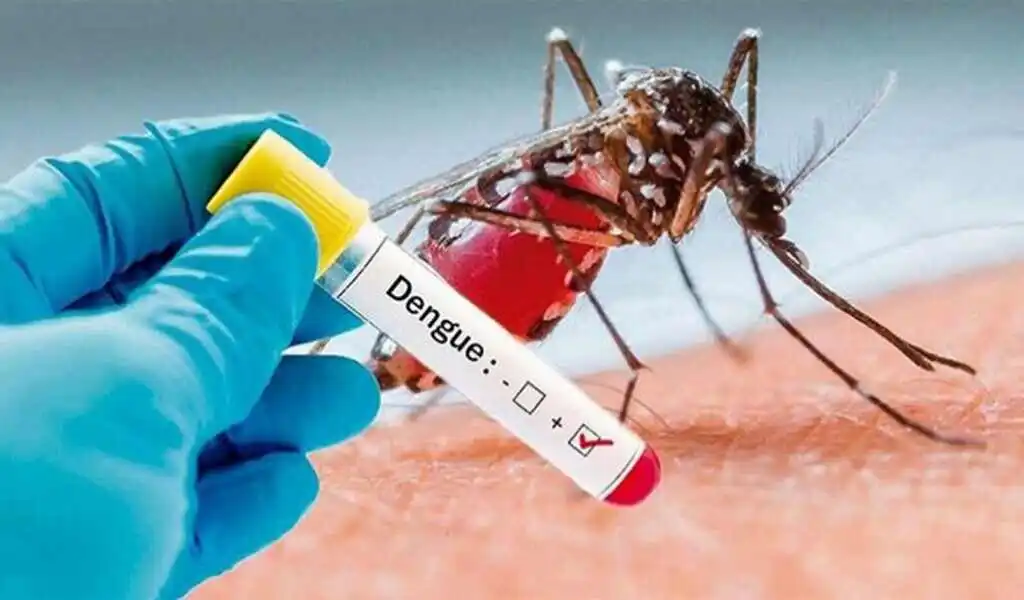Health
Thailand on High Alert Over Dengue Fever Cases for 2023

According to Thailand’s Department of Disease Control (DDC), the number of dengue fever cases documented in the first half of this year was nearly quadruple that recorded in the same period last year.
According to the DDC, the overall number of dengue patients documented from January 1 to June 28 was 27,377, nearly three times the number recorded in the same period last year. It was also said that 33 people died among the 27,377 cases.
The virus transmits to humans via the bites of infected Aedes mosquitos.
According to the DDC, between 1,500 and 2,400 new individuals were proven to have dengue per week last month, and one to three of these people died as a result of the infection.
According to the DDC, the majority of these patients were children aged five to fourteen, followed by those aged 15 to 24, with the South recording the highest number of patients, followed by Bangkok and the Central Plains provinces.
Meanwhile, Dr Thira Woratanarat, an associate professor at Chulalongkorn University’s Faculty of Medicine’s Department of Preventive and Social Medicine, cautioned against taking aspirin when you have a fever because it increases your risk of developing Reye’s syndrome (RS).
RS is a rare condition that affects all organs of the body but is especially dangerous to the brain and liver, causing an immediate increase in brain pressure and typically enormous fat accumulations in the liver and other organs.
Dengue fever is a viral disease spread by mosquitos, specifically the Aedes mosquito. Many tropical and subtropical regions, including Thailand, have it. Aedes mosquitoes are a type of mosquito that can transmit various diseases, including dengue fever. Dengue fever is a viral infection caused by the dengue virus, which is primarily transmitted to humans through the bites of infected female Aedes mosquitoes, particularly Aedes aegypti.
Aedes mosquitoes are small, dark-colored mosquitoes with distinctive white markings on their legs and bodies. The two most common species known to transmit dengue are Aedes aegypti and Aedes albopictus. These mosquitoes are predominantly active during the day, with peak biting periods occurring in the early morning and late afternoon.
Here is some information on dengue fever in Thailand:
Dengue Situation: For many years, Thailand has endured recurrent outbreaks of dengue disease. Dengue fever is deemed endemic in the country, which means that the virus is frequently present in particular places. Dengue fever is most common during the rainy season, which normally lasts from May through October.
Dengue Cases: Over the years, Thailand has had a high number of dengue cases. The number of cases varies from year to year, with some years having greater outbreaks than others. The Thai Ministry of Public Health monitors and reports dengue cases around the country on a regular basis.
Prevention steps: The Thai government, in collaboration with several health organisations, has put in place a number of steps to combat the spread of dengue. Public awareness campaigns, mosquito control programmes, and efforts to reduce mosquito breeding areas, such as stagnant water sources, are examples of these.
Symptoms: High fever, severe headache, joint and muscular discomfort, rash, and exhaustion are common symptoms of dengue fever. Dengue can escalate to a more severe form known as dengue hemorrhagic fever (DHF) or dengue shock syndrome (DSS), which can be fatal in rare circumstances.
Precautions: If you are visiting or living in Thailand, you should take precautions to avoid mosquito bites. These include using insect repellents, wearing protective clothes (long sleeves and pants), and sleeping with mosquito nets or screens. To minimise mosquito breeding, you should also eliminate standing water and maintain appropriate sanitation.
Seeking Medical Attention: If you acquire symptoms associated with dengue fever while in Thailand or after returning from a vacation there, it is critical that you seek medical attention as soon as possible. A blood test can be used to identify dengue, and early medical intervention can help manage symptoms and prevent complications.
Aedes mosquitoes are a type of mosquito that can transmit various diseases, including dengue fever. Dengue fever is a viral infection caused by the dengue virus, which is primarily transmitted to humans through the bites of infected female Aedes mosquitoes, particularly Aedes aegypti.































